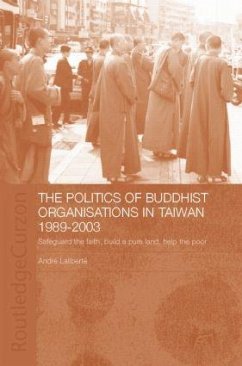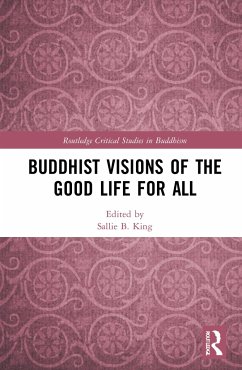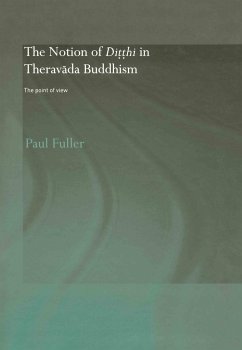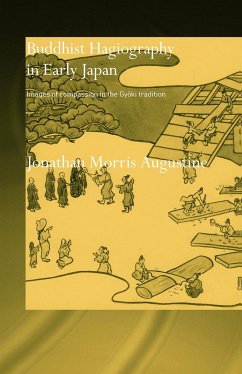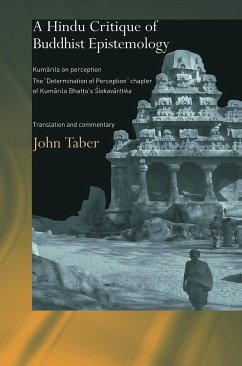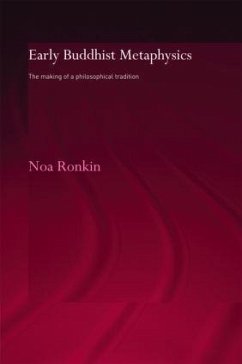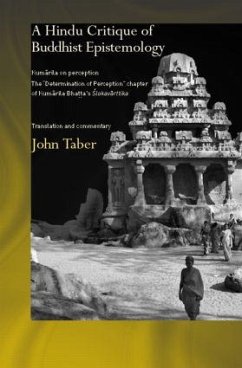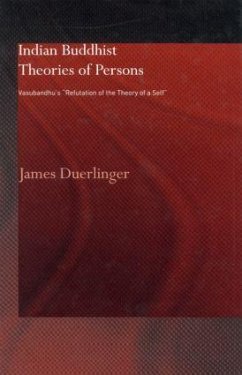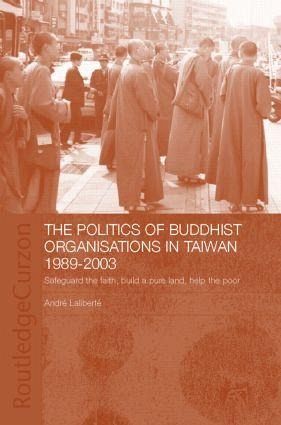
The Politics of Buddhist Organizations in Taiwan, 1989-2003
Safeguard the Faith, Build a Pure Land, Help the Poor
Versandkostenfrei!
Versandfertig in 1-2 Wochen
177,99 €
inkl. MwSt.
Weitere Ausgaben:

PAYBACK Punkte
89 °P sammeln!
It examines their contrasting approaches to three issues: state supervision of religion, the first presidential election of 1996, and the establishment of the National Health Insurance. This study analyses the factors that explain the diverse paths the three organizations have taken in the politics of Taiwan. It reveals that despite a shared theological background, individual religious leaders interpret their tradition very differently when they believe it constrains the development of their organizations and the fulfilling of its goals. Based on an in-depth examination of Buddhist leaders' behaviour, The Politics of Buddhist Organizations in Taiwan compels us to question conventional views about the allegedly passive aspect of religious tradition, deference to authority in societies influenced by Confucian culture and the adverse legacy of authoritarian regimes.
Laliberté looks at a relatively unexplored aspect of modern Taiwan: the influence of religion on politics. This book offers a detailed survey of three of the most important Buddhist organizations in Taiwan: the Buddhist Association of the Republic of China (BAROC), the Buddha Light Mountain (or Foguanshan) monastic order, and the Buddhist Compassion Relief Tzu Chi Association (or Ciji). It examines their contrasting approaches to three issues: state supervision of religion, the first presidential election of 1996, and the establishment of the National Health Insurance. This study analyzes the factors that explain the diverse paths the three organizations have taken in the politics of Taiwan. Based on an in-depth examination of Buddhist leaders' behaviour, The Politics of Buddhist Organizations in Taiwan compels us to question conventional views about the allegedly passive aspect of religious tradition, deference to authority in societies influenced by Confucian culture and the adverse legacy of authoritarian regimes.




